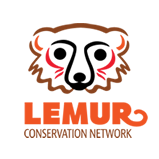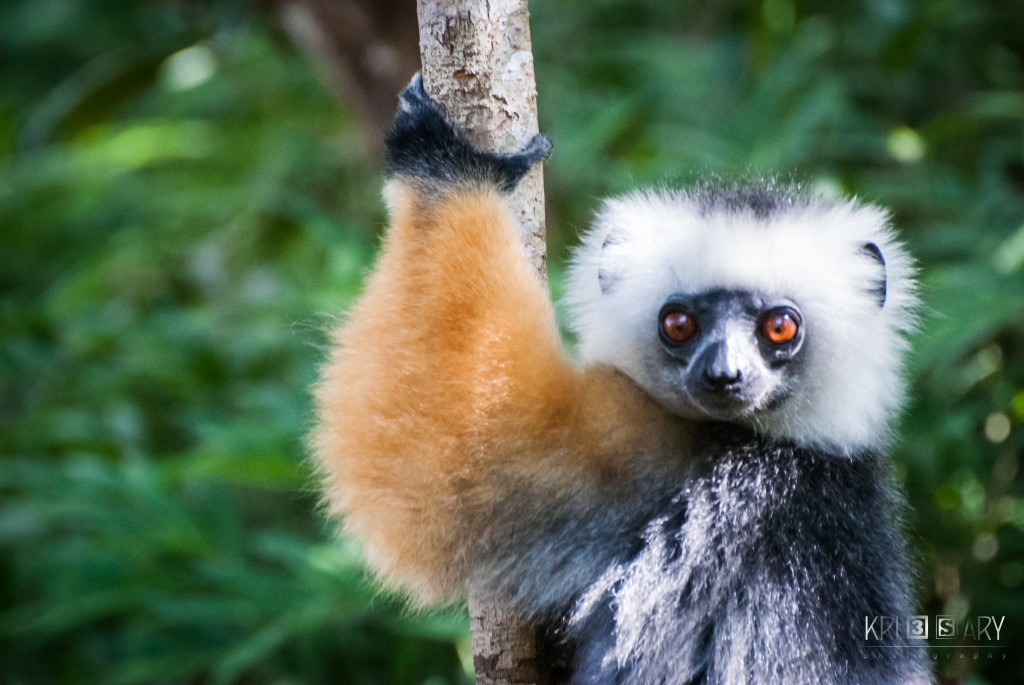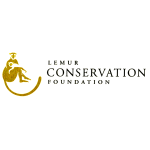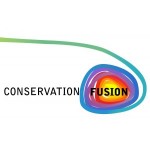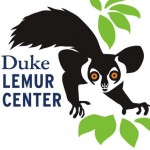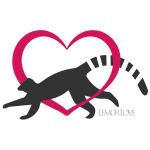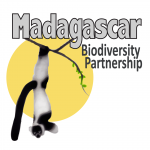Narrow conservation organizations and research groups by lemur species, what they do, and where they work in Madagascar.
- Lemurs they support
- Conservation work
- Community support
- Location
-
ADES
Supporting Member of LCNADES has 3 programs that work to reduce the demand for wood as a cooking fuel: efficient stoves, environmental education, and reforestation. These programs provide low-cost and sustainable solutions to counteract economic and environmental issues related to deforestation in Madagascar.
-
Lemur Conservation Foundation
Supporting Member of LCNThe Lemur Conservation Foundation is part of the Species Survival Plan through managed breeding at their reserve in Florida. In Madagascar, they support education programs and a tourist and research camp in Anjanaharibe-Sud Special Reserve, home to silky sifakas and indri.
-
Conservation Fusion
Conservation Fusion conducts education programs with communities in northern (Antsiranana), eastern (Alamazaotra and Kianjavato), and southern Madagascar (Lavavolo).
-
Duke Lemur Center
The Duke Lemur Center (DLC) advances science through interdisciplinary research on lemurs at its living laboratory in North Carolina. The DLC SAVA Conservation project conducts conservation through environmental education, community development, and research in northeast Madagascar.
-
Lemur Love, Inc.
Lemur Love conducts scientific research with ring-tailed lemurs in Tsimanampesotse National Park in southwest Madagascar, and partners with Malagasy women to build capacity and promote conservation.
-
Madagascar Biodiversity Partnership (MBP)
The Madagascar Biodiversity Partnership (MBP) incorporates research, education and community involvement to achieve sustainability in four regions of Madagascar. In Kianjavato, they have planted over 6 million trees in partnership with local communities!
-
Oxford Brookes University
The Nocturnal Primate Research Group at Oxford Brookes University is among the groups leading research and conservation in Tsitongambarika (southeastern Madagascar), which is considered one of the last large remaining expanses of lowland rainforest and an Action Plan priority.
-
Reniala NGO and Lemur Rescue Center
The Reniala Reserve and Lemur Rescue Center manages the dry forests of the Reniala reserve, rehabilitates lemurs from the bushmeat and pet trade, reintroduces them into the Reserve, and develops alternative livelihood projects such as beekeeping.
-
Zazamalala Foundation
The Zazamalala Foundation protects the dry deciduous forest of western Madagascar through reforestation, community development, captive breeding, and forest monitoring.
